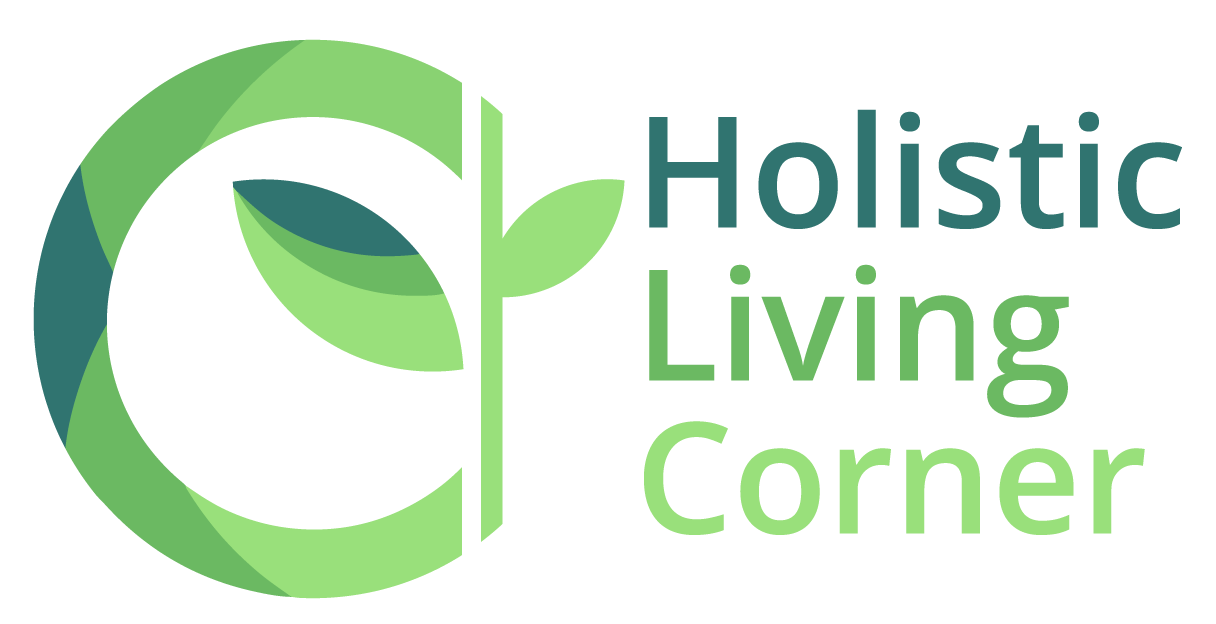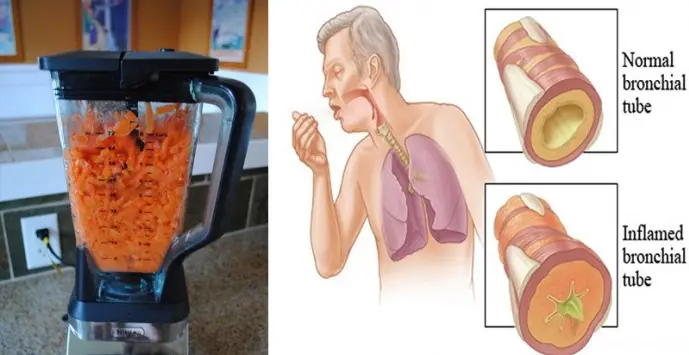The ongoing craze about making your own syrup has reached its peak by flooding the Internet with a myriad of recipes that insist they can solve your coughing problems. Some even go to uncharted and miraculous territories of imagination with their claims stating that the homemade syrup can effectively cure the cough and phlegm. Yet, in order for you to understand why this argument is grotesquely unfounded, we should first look at what the most common ingredients of any syrup are.
The commercially available Over The Counter (OTC) cough and cold medications usually contain a mixture of expectorants, antitussives, mucolytic agents, antihistamines, antipyretics and decongestants; each having their own particular purpose.
An expectorant, such as guaifenesin, signals your body to produce a clearer secretion by increasing the volume or how much water the secretion has; and lubricating, as in soothing, your irritated respiratory tract is a welcomed side effect. A mucolytic agent is a mucus-dissolving substance that comes especially handy in certain lung conditions associated with thick and/or excessive production of mucus. You might think that putting an antihistamine is an odd choice for a cough medication, yet substances such as diphenhydramine are needed to reduce a variety of associated symptoms, such as a runny nose and watery eyes. For a stuffy nose, ephedrine, which is a decongestant, comes in rather handy. Antitussives are essentially substances that stop the coughing itself; while antipyretics, like paracetamol, are used to reduce the fever.
So, now that you know all of the substances usually found in a cough medicine, it is high time you ask yourself how can you find them in a homemade remedy needed to treat your cough? The short answer is: you cannot.
While a homemade ‘syrup’ made from carrots and honey is rich with a powerful combination of vitamins B2, B3, B6, K, C and especially with vitamin A (particularly its inactive form beta-carotene); it does not really help with your cough; because it is essentially a sweet and tasty broth, not a cough medication. In fact, the majority of the homemade recipes that circulate online seem to have honey in it, which is only slightly better than having no treatment at all when dealing with an ailment such as coughing.
Then again, there is quite limited data in support that the commercially available OTC are more effects than placebos for acute coughs in adults, according to this study published in 2002. Furthermore, another study showed that some OTC syrups seem not to be effective in children at all. Therefore, the World Health Organization currently supports the idea that offering 2 tablespoons of honey at bedtime is better for your child than having it take syrup; noting at the same time that while the honey might temporarily soothe the cough, it will not take care of the underlying problem itself. It is crucial to comprehend that honey can be a supplement, never the treatment for the cough; so make sure you follow the treatment plan your doctor prescribes. And on an even more important note, under no circumstances should you give honey to a child younger than the age of one: infant botulism is a serious type of food poisoning with a grave outcome, so never offer your baby some honey, not even a lick!
And now that you have all this information reverberating inside your head; the question remains, what to do when you have a cough?
The initial step you take remains unchanged: always consult your physician regarding any problems concerning your health. Only by acting in accordance with the recommendations your doctor has set you will alleviate, and eventually treat the cough.

